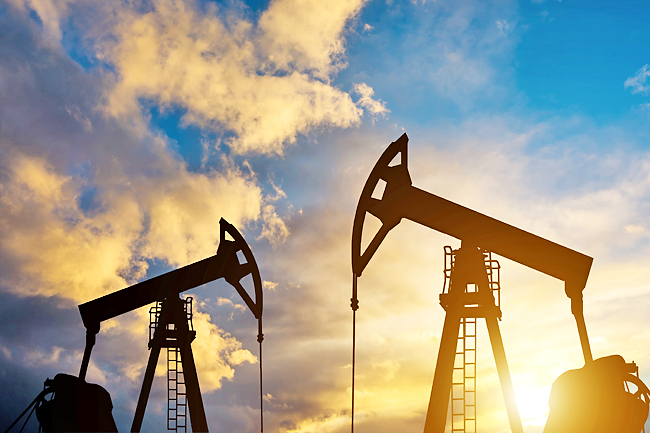Azlan Othman
Structural reform efforts need to be continued to diversify Brunei Darussalam’s economy to improve its economic growth prospects. Without economic diversification, a broad-based global recession that leads to a decline in world demand and oil prices will affect Brunei’s economic growth, fiscal balance, and external sector.
This was highlighted by ASEAN+3 Macroeconomic Research Office (AMRO) in its annual ASEAN+3 Regional Economic Outlook (AREO) report on the Sultanate published this week.
The report added that climate change, particularly the low-carbon transition, is also a key perennial risk impacting the country’s economic sustainability.
In the short term, major risks facing Brunei’s economy continue to revolve around its concentration in the oil and gas sector and the COVID-19 pandemic.
The country’s high dependence on the oil and gas sector makes it less resilient to domestic and external shocks which adversely impact its external position and fiscal balance.

The report noted that the plunge in global demand for oil and gas in 2020 affected the economy significantly, in addition to the second wave of COVID-19 infections due to the Delta variant and the COVID-related border restrictions adversely affecting the country’s short-term performance.
Despite the easing of containment policies in late 2021 as the second wave of infections subsided, any new and sustained wave of the Omicron variant could threaten the near-term outlook, especially considering the slow progress in economic diversification.
AMRO projected the Sultanate economic growth at 4.1 per cent this year, benefitting from high oil and gas prices, ongoing global recovery and low-base effect, adding that next year, the gross domestic product (GDP) growth has been projected at 2.3 per cent.
This is in tandem with the recent Asian Development Outlook (ADO) 2022, released by the Asian Development Bank (ADB) that forecast the Sultanate’s growth to rebound in 2022 and 2023 with a gross domestic product (GDP) growth of 4.2 per cent and 3.6 per cent respectively, led by a sharp increase in oil and gas output. A key policy challenge is the diversification of fiscal revenue away from oil and gas to enhance long-term fiscal sustainability.
Meanwhile, the Organisation for Economic Cooperation and Development (OECD) in its recent report on Economic Outlook for Southeast Asia, China and India 2022 – Financing for Sustainable Recovery from COVID-19 stated that Brunei Darussalam, which recorded a weak growth for most of 2021, is set to expand by 3.5 per cent in 2022, and by three per cent in 2023.





